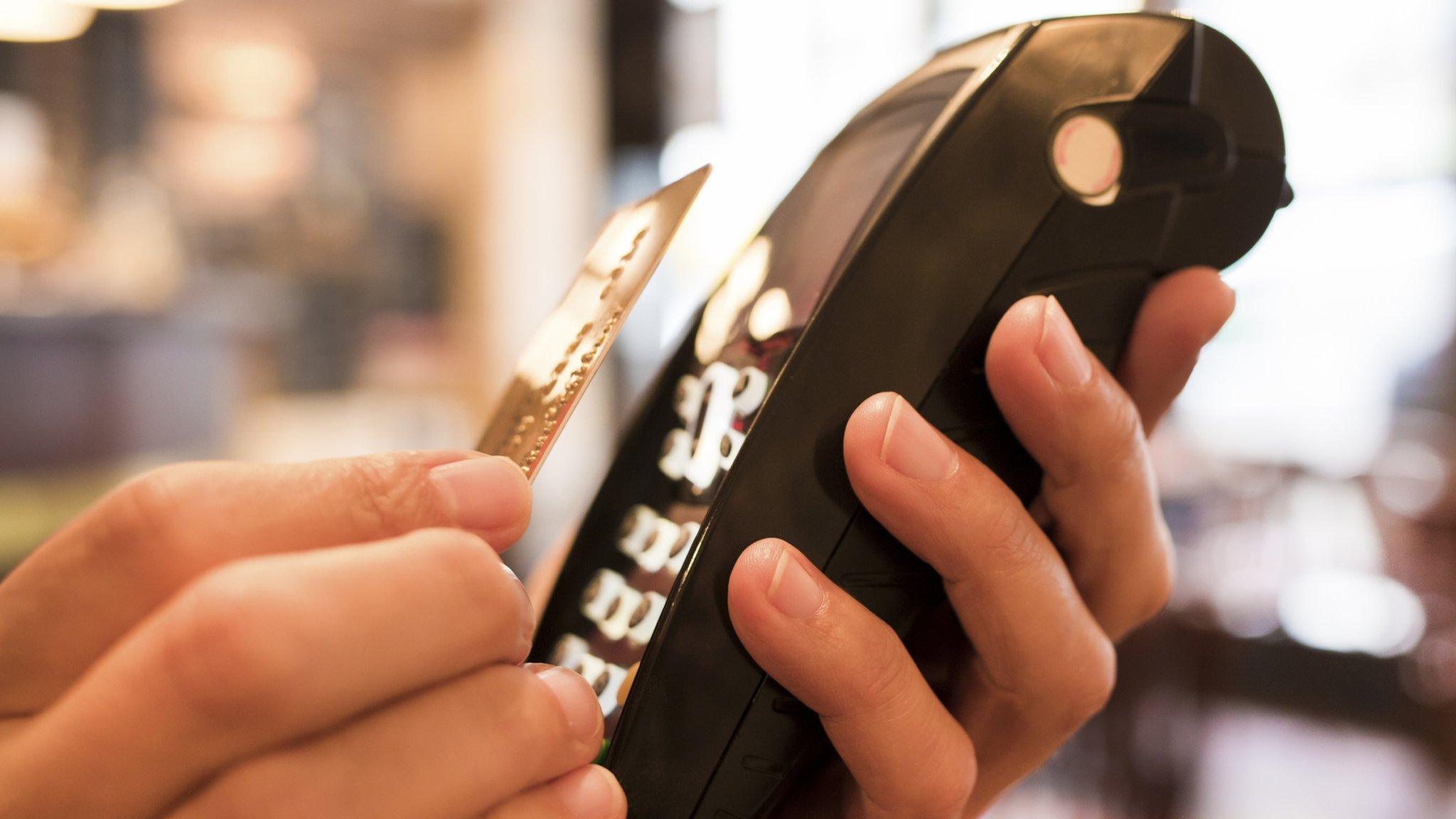Contactless payment fraud soars to £7m
- Published
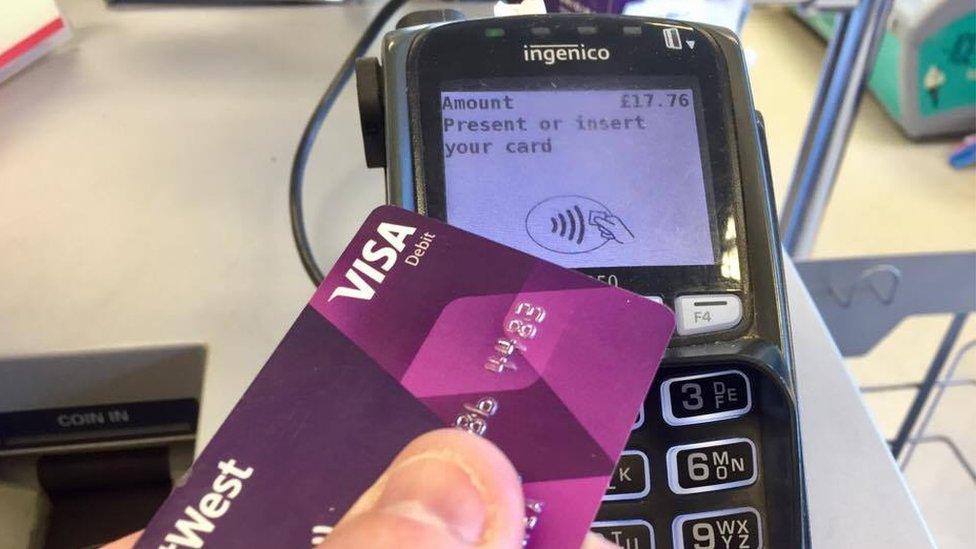
More than 100 million contactless bank cards are in issue in the UK with an average transaction of £9.06
The amount of money fraudulently spent using contactless payment cards and mobile devices has increased by £4.2m as their usage across the population has become more widespread.
Almost £7m was taken in 2016, external, compared to £2.8m in 2015, according to Financial Fraud Action UK.
In the same period, contactless spending rose from £7.75bn to £25.2bn.
The figures translate as a loss of 2.7p for every £100 spent, which is actually a fall from 3.6p in every £100 spent in 2015.
A judge recently slammed the technology, which does not require a PIN, for making life "too easy" for criminals during the sentencing of a fraudster in Devon.
Contactless cards can be used for transactions of up to £30.
Gareth Shaw, money expert with consumer group Which?, said there are "still questions around the security of these cards".
"Card companies must be responsible for striking a better balance between convenience and security," he said.

Victims of contactless card fraud

Bethan Davies lost her card on a night out and it was used for contactless payments for the next two weeks.
Bethan Davies, 37, works for a communications agency and had around £200 stolen from her contactless card after losing it on a night out in central London last summer.
She cancelled the HSBC card the following morning, but noticed further activity over the next two weeks.
She said: "I'm quite fastidious at checking my statement and I saw loads of small transactions coming out, from places like Tesco, food and wine shops and weirdly a dog grooming parlour in North London.
"Because the transactions were small, from a couple of quid up to £12, they went under the radar and were still being authorised."
She said money was refunded straight away.
An HSBC spokesperson said: "We cannot go into any detail of how our fraud systems work but customers are protected against losses from this type of fraud."

Hatty Sharp had her card stolen from a supermarket, and the thief use the contactless function to buy alcohol
Student Hatty Sharp, 22, had her card stolen while shopping at an Aldi in Southampton.
She said: "I immediately cancelled my Santander card, and then phoned up to cancel my HSBC card, but was put on hold for 15 minutes. In this time the thief had gone to the off-licence around the corner and spent £17, I presume on alcohol."
She reported the crime to the police, and was fully refunded within two weeks.

Andrew Bailey, chief executive of the Financial Conduct Authority said: "The overall risk is low" but added "we have been urgently working with card schemes and banks to ensure this issue is fixed."
Contactless card fraud accounts for 1.1% of total card fraud.
In a letter to the Treasury Select Committee, external earlier this year, John Griffith-Jones, Chair of the Financial Conduct Authority said "public confidence could be eroded without further action".
Richard Koch, Head of Policy at The UK Cards Association, which represents card issuers, said: "All contactless cards contain robust security features including an in-built security check which triggers the need to enter a PIN at certain points.
"Customers are fully protected against any losses and will never be left out of pocket in the unlikely event they are the victim of this type of fraud, unlike if they lose cash."


Update 13 July 2017: This article has been updated to put the increased fraud into greater context given the overall growth in contactless spending.
- Published22 August 2016
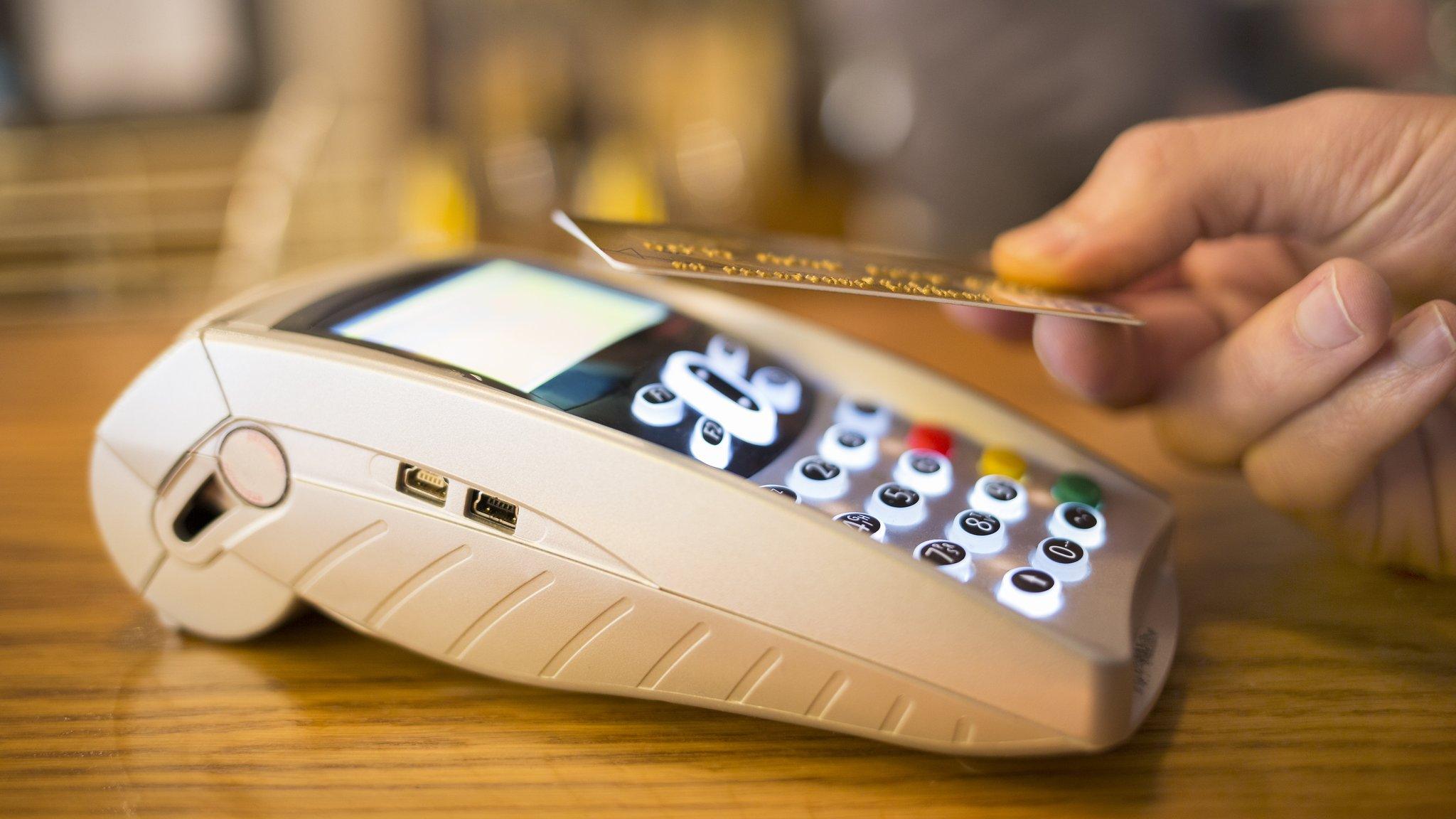
- Published23 May 2016
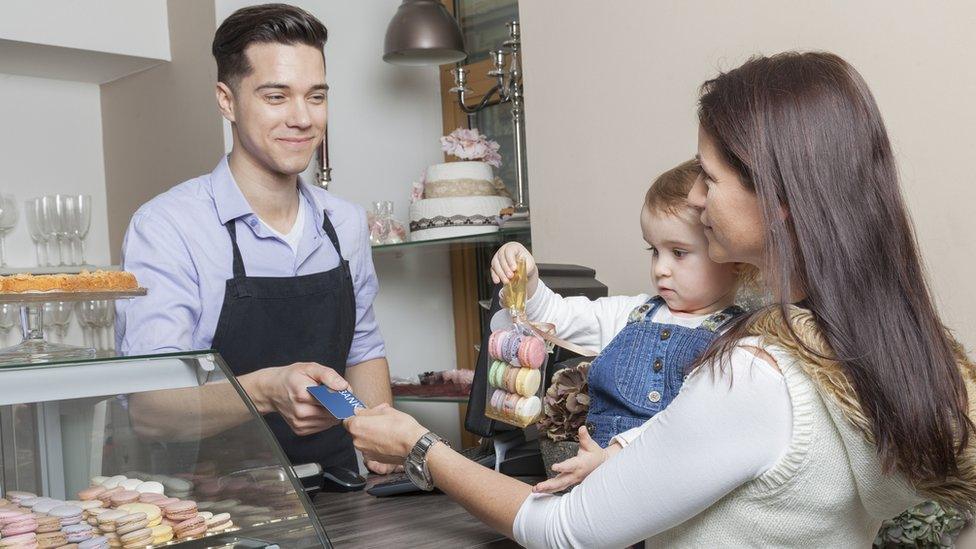
- Published26 February 2016
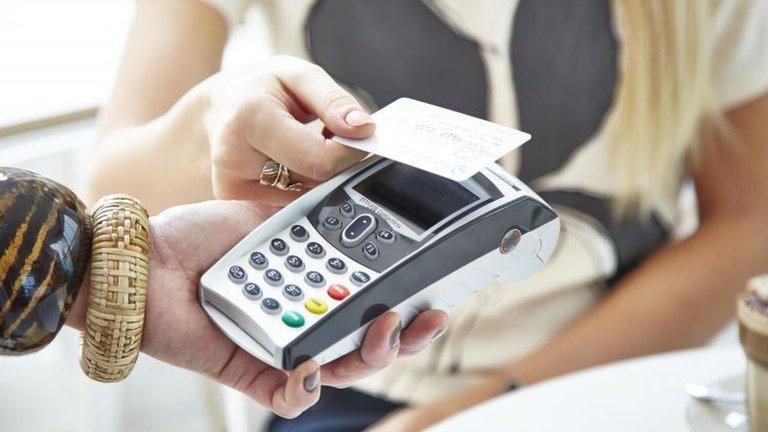
- Published29 April 2014
